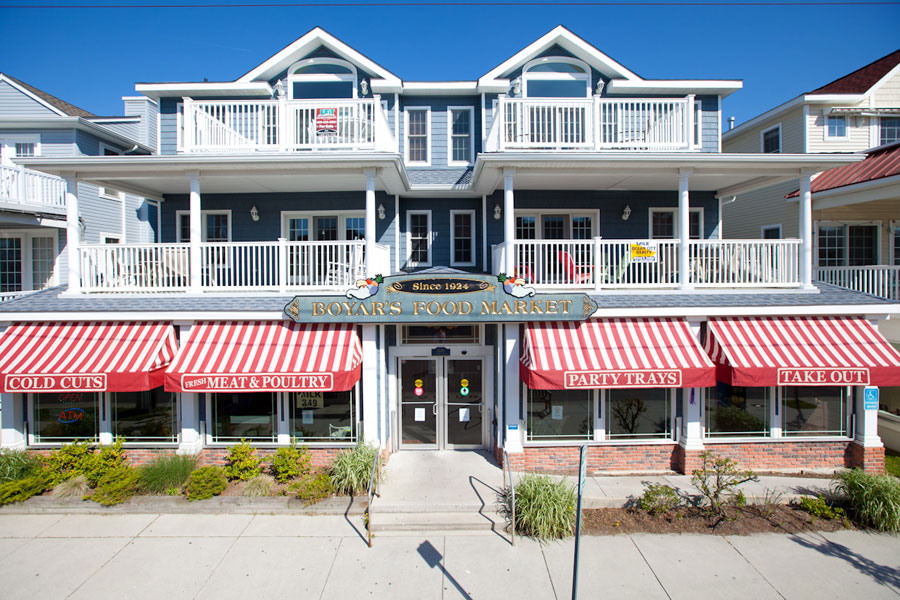Private Lenders Hard Money Creativity Investment business Blog
Private lenders hard money creativity investment business blog was created this blog to inform and educate all types if entrepreneurs, who are always looking for the latest creative inventions or new patents, alternative investments and business growth.
That is the reason fr creating this C.I.B. Blog Creativity, Investments and Business.
Here we will Post and Blog all articles and links related to these three topics and we will like to think this blog will be about Good News, Positive Thinking and maybe even some guidance on how to peruse your next venture or take example of other business not only in the United States of America but all over the globe, there are great advancements taking place in other countries and businesses are succeeding in fields where we can learn and bring either or apply in the United States of America.
We will cover the rules of importing perch-able and non perishable items as well as rules and regulations of exports, there is plenty of opportunities out there, it is just a matter of being exposed to this information Hard Money and specially Hard Money Lenders in the States of New jersey and New York have a great opportunity to engage businesses overseas into investing in this country by the implementation of liaisons or fund to fund relationships.
Here are some of the subjects we would like you to know about:
Store bought shoes rarely fit perfectly, and bespoke options are too expensive for many. Italian shoe maker Vibram, more commonly known for its military footwear, has come up with a solution to this problem with its Furoshiki Shoes.
Furoshiki (風呂敷) are a traditional Japanese wrapping cloth used for transporting goods and were first used in the Edo period to carry clothing while at the public baths. Furoshiki shoes, created by Japanese designer Masaya Hashimoto, have no laces and instead wrap around the foot–hence the name–fastening with velcro.
Vibram calls it the first ever “wrapping sole.” These novel shoes can be bought from the Japanese Vibram store for about $140 USD, and come in at least five colors.
Here is how the goverment is supporting entrepreneurs in The Neatherlands:
Central government’s policy for entrepreneursThe government’s policy for entrepreneurs aims to: strengthen the Netherlands’ position as one of the world’s top five most competitive economies; increase spending on research and development to 2.5% of the gross domestic product (GDP) by 2020.
Supporting innovative enterprise The government supports innovative enterprise in a number of ways:
Increasing scope for financeThe government has various financial schemes for: entrepreneurs wanting to expand their businesses quickly; innovative entrepreneurs. Promoting cooperation between researchers and the private sector. The government is working with the private sector and knowledge institutions to improve public-private partnership.Reducing the regulatory burden on entrepreneurs The government is taking steps to reduce the regulatory burden on entrepreneurs. These include granting permits more quickly – or even automatically – and making greater use of digital technology.Developing IT tools for entrepreneurs Providing government services online reduces the regulatory burden on entrepreneurs. IT also offers unlimited scope for new products or for making business processes more efficient.Helping entrepreneurs access networks Good networks help businesses grow. The government is using the following tools to help entrepreneurs build solid networks: Trade missions abroad. By conducting trade missions abroad, the Netherlands can access new foreign markets.
The focus here is on emerging markets like Brazil and India.
Enterprise forum. This is the government’s one-stop shop for entrepreneurs, where they can access services from a range of agencies, including the Chamber of Commerce (KvK), the Tax and Customs Administration, the Road Transport Agency (RDW) and Statistics Netherlands (CBS).
Better links between education and the labor market. The government also wants to establish better links between education and the labor market. It is important for young people who have finished their training to find a job quickly and for there to be enough skilled workers for companies.Better cooperation with the franchise sector.
The government and the franchise sector created a code of conduct. An independent disputes committee will also be established. These measures should improve cooperation in the sector and prevent issues like unfair distribution of income between the entrepreneur (franchisee) and the owner of the trading name (franchisor).Retail Agenda Customer behavior and preferences are changing. More and more purchases are being made online. The government’s 2015 Retail Agenda describes these and other developments in the retail sector. It also lists the 20 agreements reached between the government and the retail sector. These include new ideas on combined zoning for shops, cultural establishments and hospitality businesses, and additional training for shop workers.
Here is an idea for investemnt:
INVEST. EDUCATE, BUILD. REPEAT
There’s an early education crisis in urban slums around the world. Parents need a safe space for their young children while they work and those children need active engagement to nurture their growing minds. They currently have no options and what’s worse, none of the existing solutions even make any sense. Large classrooms, long commutes, government support, one-size-fits-all curriculums; impossible or irrelevant in the urban slum context. To address this problem we had to forget everything we had ever learned about schools and think differently.
We realized that a successful solution had to be by the community, in the community, for the community and to be truly sustainable had to operate without requiring constant subsidies and injections of capital. So we developed what we call the IMPCT Playcare. A Playcare is a small play-based daycare franchise, owned and operated by a local entrepreneur, which includes a purpose-built classroom. training to deliver a play-based Montessori curriculum, and ongoing support. Each one provides 20 nearby families affordable and accessible early education opportunities for their children.
Sounds great, right? There’s more. Have you ever heard of the term financial inclusion? If you had a great business idea one of the first things you’d do is look for investors. But what about people in urban slums, who’s investing in them? Starting soon the answer will be YOU. Playcares.com will let you make direct and personal investment in the people, projects, and places you care about. You get constant updates and actually receive a small return for helping make them a reality. This is radical financial inclusion; this is a better way to do good.
Interested? Let our entrepreneurs know you’re with them by pledging your support now and we’ll let you know when they’re open for investment. Visit www.playcares.com
Hard Money Loans
Single Family Homes

Hard Money Loans
Mixed Use Property

Hard Money Loans
Multi Family Homes

Hard Money Loans
Commercial Property

Hard Money Loans
From Private Lenders

Private Lenders
$100K up to $2Mill


